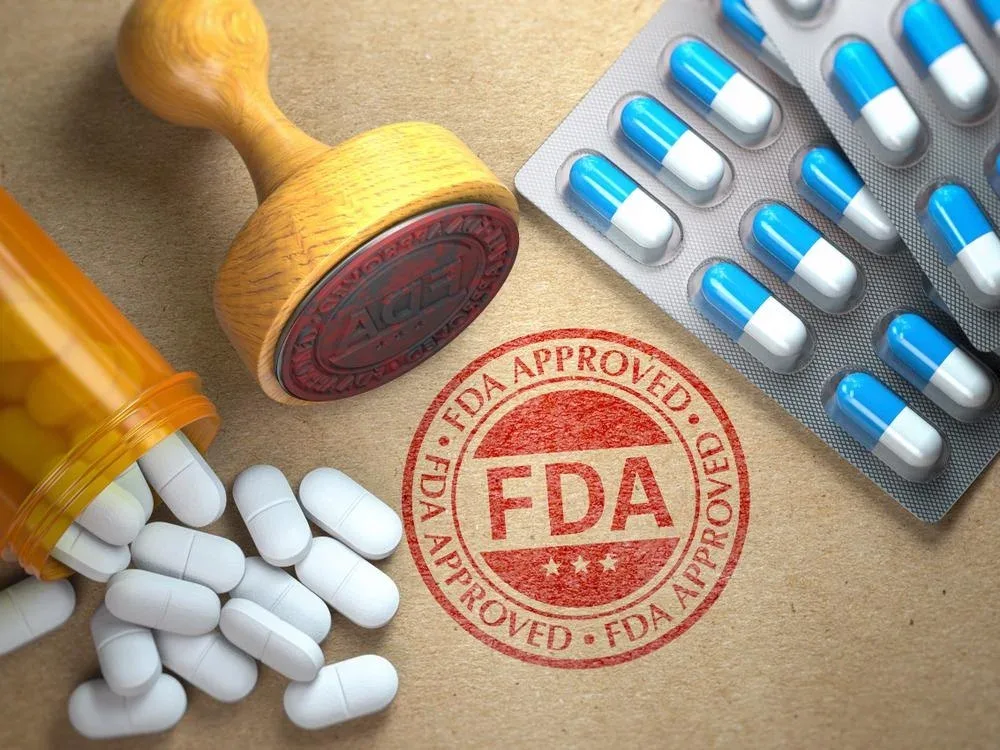FDA’s Latest Untitled Letter: An Enforcement Tell?
May 27, 2025FDA’s Office of Prescription Drug Promotion (OPDP) is active throughout each year issuing letters challenging promotional labeling they deem noncompliant. Any communication from FDA regarding a promotional claim they disagree with, from a warning letter to a simple verbal question asking the basis for a claim, can throw a company into a time and money-consuming effort. Recently, OPDP provided a reminder in the form of an untitled letter that the same energy that goes into reviewing direct-to-consumer (DTC) promotional labeling needs to be used for promotional labeling targeting healthcare professionals (HCP).
Nature of the Violation
On April 28, 2025, OPDP issued an untitled letter to Mayne Pharma LLC challenging material from a professional presentation, including the speaker notes. OPDP argued that the promotional speaker deck misrepresented the safety profile of NEXTSTELLIS, particularly concerning its estrogen component, estetrol. The presentation included statements such as "Estetrol is a selective action, low-impact, estrogen" and "[u]nlike other estrogens, E4 has a minimal effect on the liver," which the FDA determined to be misleading. These claims suggested that estetrol possesses unique pharmacologic properties that differentiate it from other estrogens, implying a lower risk profile. However, the FDA noted that such distinctions have not been substantiated by clinical evidence.
Additionally, the presentation minimized the serious risks associated with NEXTSTELLIS, including its black box warning about the increased risk of serious cardiovascular events from cigarette smoking and combined hormonal contraceptive (CHC) use. The FDA emphasized that these misleading representations could lead healthcare professionals to form an inaccurate understanding of the product's safety profile, potentially impacting patient care.
Actions for Industry
Companies should take this untitled letter as a reminder of the importance of ensuring that all promotional materials accurately reflect the FDA-approved labeling and do not overstate the benefits or understate the risks of a product. Companies are advised to:

- Review and Revise Promotional Content: Ensure that all promotional materials, including presentations and advertisements, are consistent with the FDA-approved labeling and do not contain misleading statements.
- Implement Robust Review Processes: Establish comprehensive internal review procedures to evaluate promotional materials for compliance with FDA regulations before dissemination.
- Educate Marketing Teams: Provide training for marketing and reviewers on FDA guidelines and regulations concerning promotional materials to prevent future violations.
By proactively addressing these areas, medical products companies can mitigate the risk of regulatory scrutiny and maintain compliance with FDA standards. To implement the lessons learned, please see the full untitled letter here.
Contact Gardner Law
If you have questions about your promotional labeling and the associated review process, reach out to Gardner Law's team of experts for guidance and peace of mind.